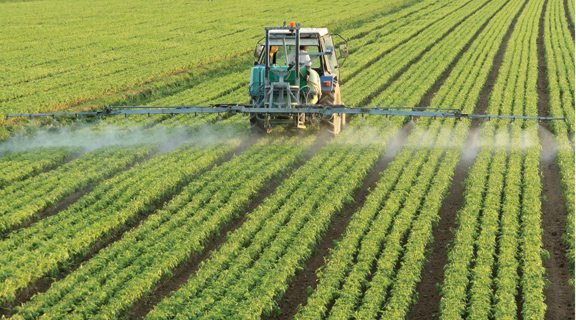

The crisis between the GCC states could open the door for increased food investments in Qatar
The recent GCC blockage has highlighted Qatars dependence on its land border with Saudi Arabia and is likely to result in Doha increasing investments to better protect the countrys food security.
The countrys land border with Saudi Arabia is the main route for more than half of Qatars food supplies. In 2016, Saudi Arabia and the UAE made up almost 40 per cent of all food products imported by Qatar.
Moving forward it is likely that Qatar will look at ways to ensure it is better protected. In the short-term investments will be in food storage facilities, but will likely extend to supply chain investments and domestic farming solutions later, says Jack Kennedy, an analyst at the UKs IHS.
Qatar will be looking at ways to decrease its dependence on food imports from Saudi Arabia and the UAE. In 2016, food imports from Saudi Arabia sat at about $148m, while imports from the UAE reached $160m.
Qatar has previously been reluctant to invest in global food markets and supply chains. In the past it has preferred investments in food production in developing countries. Most target countries have been food-insecure nations in Africa and Asia, such as Sudan, Ethiopia and Pakistan. They offer logistical advantages, but the recent spat with Saudi Arabia has highlighted Qatars dependency on its only land border, which is used for most of its food imports.
Policymakers in Doha are aware of this and in 2016 Qatars Ministry of Economy and Commerce announced the completion of 10 warehouses to stockpile sugar, cooking oil, rice and milk. The 107,446 square metre facilities are said to be able to store enough food for three to 10 months, depending on the commodity.
While this may help alleviate some of the issues, Qatar still lacks the level of domestic farming and grain storage investment needed. According to regional projects tracker MEED Projects approximately $500m-worth of food related projects are currently planned or underway in the Gulf state.
The crisis between the GCC states could open the door for increased food investments in Qatar. Qatar could soon become the regions biggest opportunity market for hydroponic and technology-based farming.
Qatar can take hope from the US and Mexico, where hydroponic farming has been used to adjust to difficult climates. The technology has also reached a point where minimal water is wasted, with farmers able to use the humidity generated by plants in greenhouse-like plantations.
You might also like...

Boycotts are a boon for local brands
03 May 2024

EU announces €1bn in aid for Lebanon
03 May 2024

Aramco and China deepen petrochemical relations
03 May 2024
A MEED Subscription...
Subscribe or upgrade your current MEED.com package to support your strategic planning with the MENA region’s best source of business information. Proceed to our online shop below to find out more about the features in each package.







